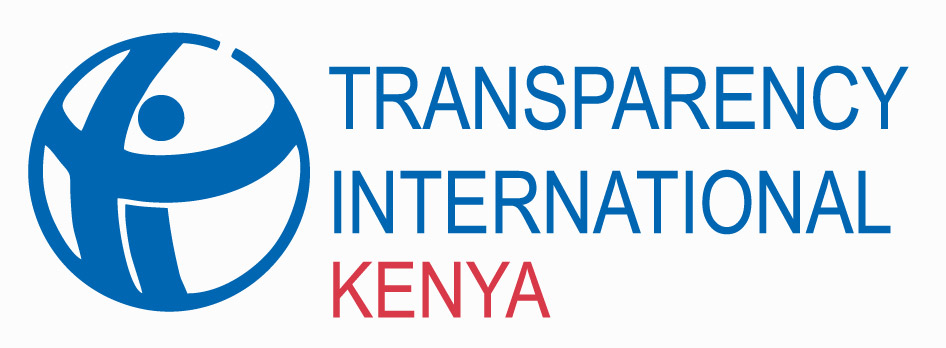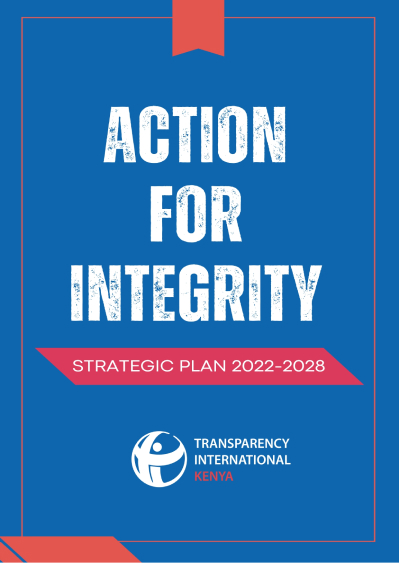TI-Kenya trained TI Uganda on the handbook on land corruption risk mapping tool on 5th March 2018 and subsequent field visits held from 6th to 10th March 2018 at Mityana and Mubende Districts. Mary Maneno from TI-Kenya facilitated the sessions.
The training aimed to equip TI Uganda staff with knowledge on the handbook on land corruption risk mapping, empower affected communities with information on land rights, access and ownership as well as tenure systems in Uganda and serve as an exchange programme opportunity – for TI Kenya and TIU officials to share experiences on their work. 10 staff members from different departments participated in the training.
Corruption in land governance is a global phenomenon which has gained growing attention in recent years. It can lead to severe consequences for nations and threaten the livelihoods of people affected. The ability of land governance systems to enforce and protect people’s right to land becomes impaired and services in land administration become expensive and exclusive to those who can afford it. The poor in the society are left out of the formal systems and security of tenure is eroded. If tenure rights are insecure, the incentive for people to engage and invest in land-based economic activities is reduced, which concerns both small scale and large scale investments. The consequences are food insecurity and non-sustainable use of land. In addition, if land corruption prevails, societies become more exclusive.
TI Secretariat had previously commissioned the Centre for Rural Development (SLE) to design a generic Land Corruption Risk Mapping Instrument that helps to analyse, map, and tackle corruption risks in land governance.
The Land Corruption Risk Mapping Instrument was applied and tested by the SLE team in four different case studies in Kenya. They cover four different topics that are of great importance in the context of land corruption in many Sub-Saharan African countries: (1) Urban space land conflicts; (2) Indigenous communities and their role in initial land registration; (3) Inheritance of land and land rights for women; (4) Large scale land acquisitions.
The Land Corruption Risk Mapping Instrument
The Land Corruption Risk Mapping Instrument aims to systematically identify and assess corruption risks in land governance, and to identify and design counter-measures for tackling these risks. To achieve this aim, the instrument is generally based on both a process-oriented and a participatory approach.
From the interactions with the group throughout the training and subsequent field visits, it was evident that corruption risks in Uganda’s land administration are high.
“As the facilitator, the training of the TIU team on the tool was an eye opener, and enabled me have a broader understanding and more appreciation of the subject.“ noted Mary.


